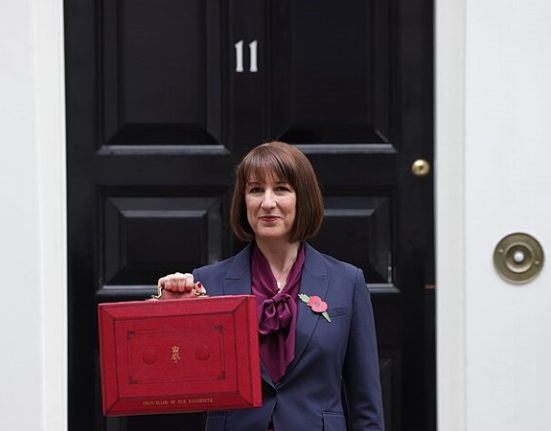The International Monetary Fund (IMF) has recommended the baby boomer generation should stay in work for longer to help balance public finances.
In France, where President Macron is considering raising the retirement age from 62 to 64, workers are being encouraged to turn up late for work so they can make up for two lost years.
What can we afford?
The IMF said governments with high levels of public debt can no longer afford to let older workers leave the workforce, The Guardian reported.
Instead, governments should encourage workers to delay their retirement by increasing the pension age and cutting early retirement benefits.
Not enough children being born
The old age dependency ratio compares the number of people typically aged 65 and older (retirees) to those in the working-age population (usually 15 to 64).
It measures the pressure on the productive population to support the elderly. In 2023 the ratio was 30.4% and has been rising for many years. In 2021 the ratio was 29.6%.
The replacement fertility rate, a benchmark of the average number of children a woman needs to have to sustain the working population without migration, needs to be 2.1 children per woman.
According to the Office for National Statistics, this rate was 1.44 children per woman as of 2023, marking the lowest level since records began in 1938.
Viewpoint: Government choice
Reactions from older workers were universally negative towards an increased retirement age. Many older workers without private pensions think they will have to carry on working.
Others found the proposal “ludicrous and unfair.” Many were hostile towards how the government was wasting money on civil service pensions and foreign aid.







